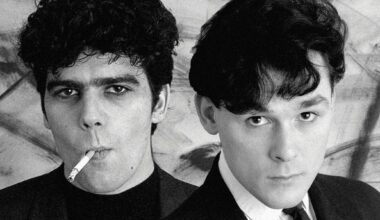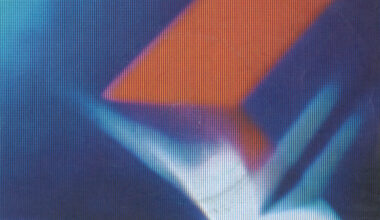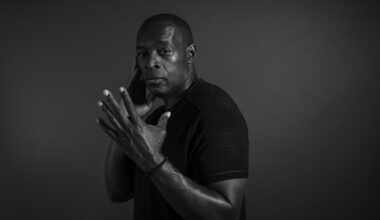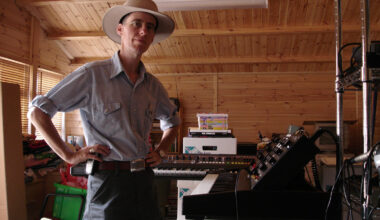Flowered Up keyboard player Tim Dorney discusses the evolution and impact of the titanic ‘Weekender’, the band’s 1992 post-rave anthem
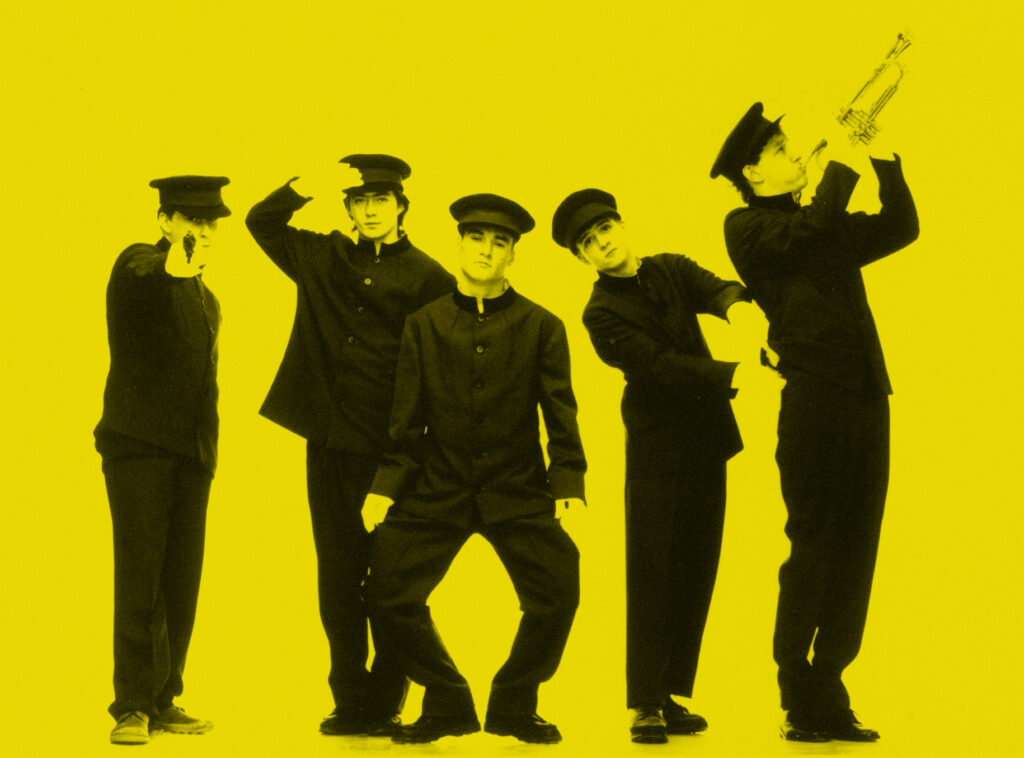
“Andrew Weatherall and I went to school together in Windsor. He was in the sixth form and I was a couple of years younger. He was always the cool arty kid with the bleached hair. After leaving school, we worked on a few musical projects. I helped him out with the equipment.
“Then acid house took off and he went from strength to strength. In the summer of 1989, he rang me and said, ‘I know this band in London. They’re looking for a keyboard player. Are you interested?’. I had a think about it and spoke to some people. They said, ‘Flowered Up? They’re going to be massive!’.
“I headed to the rehearsal room in Elephant and Castle with my keyboards. I was bluffing it a bit. I was in my early 20s, very shy and didn’t really know myself. I hadn’t seen the world and was walking straight into a room full of north London ne’er-do-wells I’d never met before. They had three songs when I joined – ‘It’s On’, ‘Flapping’ – which became the B-side to ‘Phobia’ – and another one we never finished.
“We didn’t tour properly until after ‘It’s On’ came out in June 1990. That’s when the carnage started. Members of the band would be off robbing things, smoking weed in hotels, setting off fire alarms. They were a lawless bunch.
“We were already involved with Jeff Barrett at Heavenly Recordings and signed to London Records for distribution. They gave us an advance of £200,000 to make an album. We spent about four months at Eel Pie, Pete Townshend’s studio on the River Thames, recording ‘A Life With Brian’. It ended up costing a fortune. We didn’t know what the hell we were doing and needed somebody to guide us through it.
“Nigel Gilroy, our front of house guy, was the producer. We were trying to preserve some of the band’s live power. All he wanted to do was turn into Trevor Horn and polish the shit out of everything. The energy got rinsed out.
“People were starting to go a bit wayward, not turning up at the studio or disappearing off on boats to take drugs. Heroin got involved, although I was unaware of it. Being a nice middle-class boy from Windsor, I didn’t know what pin-eyed looked like. I wasn’t seeing the signs. I also didn’t know Liam Maher, the singer, had a problem prior to Flowered Up. He’d kicked it, but then it started creeping back in with one or two members.
“London wanted to release ‘Crackerjack’ as a single, but we weren’t happy with the album version. We went down to House In The Woods, a residential rehearsal space in Sussex and jammed for hours.
“That’s where ‘Weekender’ emerged. Liam had the phrase, ‘Weekender, Weekender’. That was about it. He was taking the piss out of the city boys who partied hard after a week at work. It’s obviously from experience. We were going out to clubs and doing lots of pills but were busy with the band too.
“We went into Westside Studio in Ladbroke Grove with Clive Langer to work on ‘Crackerjack’. While they were setting up the sound, we were jamming through ‘Weekender’. Clive said, ‘Why the hell are we recording ‘Crackerjack’ again? This is much more like it!’. We made a rough demo that came in at around 25 minutes. Before recording the finished version, we did a load of pre-production in a rehearsal room – run by gangsters, obviously – underneath a pub in Camden.
“We spent about five days getting the shape of the track and recruited some great people to embellish the arrangement. Clive had a big black book of session musicians. Steve Nieve from The Attractions played Hammond organ and Kate St John from The Dream Academy played the oboe. Luis Jardim – Trevor Horn’s percussionist – and Don Weller – who played saxophone on ‘Absolute Beginners’ – also came in.
“I added the ‘Quadrophenia’ samples, and we used dialogue of Margi Clarke in ‘Letter To Brezhnev’ and a snippet from Dobie Gray’s ‘The “In” Crowd’. We never cleared the samples. I’m amazed no one came after us.
“A few weeks after it was recorded, Jeff Barrett suggested making a short film. He bumped into the director Andrew ‘WIZ’ Whiston coming out of a club and said, ‘I’ve got a job for you. Listen to this’. Jeff played him ‘Weekender’.
“I knew WIZ was the right man for the job straight away. He was so focused. He made a graph with an X/Y axis. The vertical was excitement and the horizontal time, with a squiggly line running through. He mapped it all out long before filming started and had it together on locations and crew. Video budgets in the 90s were ridiculous and I think they pulled it all in for £30,000.
“The shoot lasted about a week. They were full-on, hard-working days. I was busy in the studio but appeared in the scene filmed at Bluebird Records in Berwick Street. I’m also in the club scene – which was shot on a soundstage in Cricklewood – where they’re passing around amyl nitrite. The poppers were real. We had to film that scene over and over and we all ended up with screaming headaches.
“I’m glad Liam decided not to take on the main role of Little Joe. Lee Whitlock was ideal for the part. Liam didn’t have the confidence and had become very unreliable. The drugs had taken a damn good hold. He wasn’t enjoying being in the band anymore, and I think the whole project would’ve stalled if he’d done it.
“The BBC banned ‘Weekender’. They called it a ‘video nasty’. I had to do an interview for ‘Newsbeat’ and the reporter hauled me over the coals. I said, ‘We’re not advocating drug-taking. All we’re doing is documenting people having a good time. You go out anywhere in the country right now and this is exactly what’s happening’.”
The ‘Weekender’ film is the subject of ‘I Am Weekender’, a documentary directed by Chloé Raunet and featuring Irvine Welsh, Róisín Murphy, Shaun Ryder and Annie Nightingale. It’s available to watch on various streaming platforms


